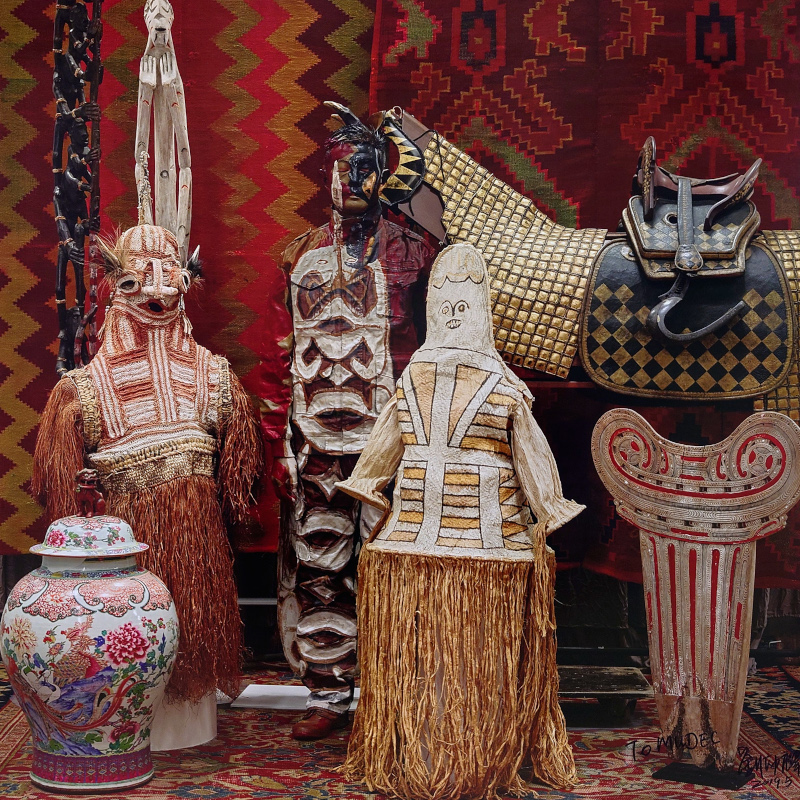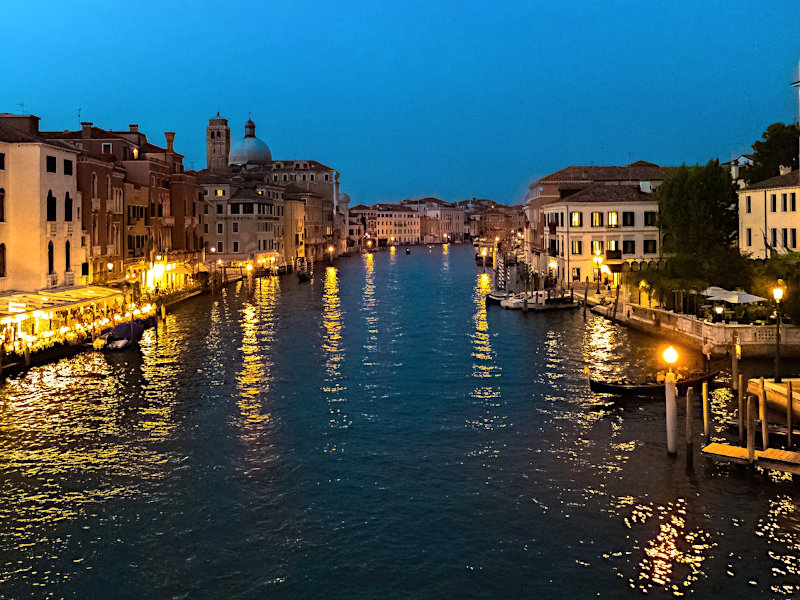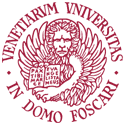(In)visibility: seeing, making visible, keeping hidden
Interdisciplinary doctoral symposium, 14-16 April 2026, Venice
Symposium
Accessing and producing knowledge is never neutral. From the erasure of certain voices in historical narratives to the strategic visibility of bodies, choices are constantly made about what can be seen and believed — and, consequently, what must remain hidden and invisible. Two main forces are at play: on the one hand, the partial, selective, or ideologically inflected nature of the sources themselves, whether they are written, visual, or oral; on the other hand, the situated position of the scholar, informed by personal preferences, intellectual traditions, and cultural assumptions. These forces reflect underlying historical, political, cultural, and social hierarchies of power. Crucially, they can result in the exclusion, marginalisation, misunderstanding or invisibilisation of voices endowed with less power, socially and/or historically.
This symposium questions how presence and absence are constructed, how certain topics or agents are rendered peripheral, and how historiographical, disciplinary, ethical, methodological, but also institutional choices reinforce (or challenge) patterns of invisibilisation. How do our ways of seeing and not seeing shape the contours of knowledge?
Dynamics and fields
Harnessing (in)visibility as a lens on knowledge, this symposium explores three interrelated dynamics:
The symposium is grounded on interdisciplinarity, intended as a methodological and relational practice that helps us appreciate how things are interconnected. For this reason, while we recognise that each theory, concept, and notion emerged within a certain discipline, in our approach we refer to fields of study rather than disciplines. Each field can then bring together scholars and practitioners from different disciplines.
We are particularly interested in abstracts that re-examine primary sources, propose new methodological frameworks, or focus on objects of study that have remained outside dominant research agendas. We welcome submissions aligned with the symposium theme including, but not limited to, the following fields:
- Heritage, Memory and Material Culture. Contributions exploring the role of heritage, archives, and museums in the display and underplay of identities: how do they mirror, support, and subvert dominant historical narratives?
- Media and Performance Studies, Art and Visual Culture. Contributions engaging with aesthetics, media, and performative practices: how do they represent and/or contrast (in)visibility?
- Literary and Narrative Studies. Contributions analysing narrative forms and canon, with a particular interest in non-Western and marginalised literary voices: how do language and literature mediate (in)visibility?
- Language and Translation Studies. Contributions exploring practices of deliberate concealment and addition, but also (re)translation as empowerment and the (in)visibility of the translator/interpreter. How does language determine what is seen, made visible, and/or kept hidden?
- Historical and Classical Studies. Contributions devoted to historiography, textual traditions, and manuscript studies: how does the lens of (in)visibility enhance our understanding of the preservation of past traditions?
- Religious Studies. Contributions probing how religious practices, rituals, and spaces engage with the spiritual, the unseen, or the hidden: how is (in)visibility mediated and experienced?
- Gender, Sexuality, Disability, and Intersectionality Studies. Contributions addressing the impact of social power dynamics on the (in)visibilisation of bodies and identities: how do these dynamics speak of intentional choices orienting what should be seen and what must remain hidden?
- Critical Theory, Pedagogy and Epistemology. Contributions examining how power, justice, equality and rights play out in education and knowledge transmission: what epistemological, ethical, and ontological concerns do they raise?
- Spatial Studies. Contributions interrogating how (in)visibility is embedded in space and territorial practices: how do spatial layouts speak of power hierarchies?
- Migration and Diaspora Studies. Contributions inquiring into the experience of displacement, belonging, and identity: how does migration inform practices of forced or strategic (in)visibility?
- Environmental Humanities (EH). Contributions assessing how ecological knowledge and environmental crises are made visible or kept hidden: what forms of (in)visibilities emerge at the intersection of environmental justice and climate change?
- Digital Humanities (DH). Contributions assessing the liberatory potential of DH in the negotiation of (in)visibility: how can digital tools provide infrastructures to valorise marginalised communities and how, conversely, do they sustain practices of marginalisation?
The symposium aims to facilitate a collegial atmosphere where early-career scholars can receive feedback on their research and network. As such, though open to all, it is designed specifically for Master’s students, doctoral students and post-doctoral students. Contributions are also encouraged from art practitioners and activists.
Submission
Please submit your abstract in the format of a .doc or pdf document (max 300 words, size 12, double-spaced) to in.visibility@unive.it by 1 December 2025. The abstract should also include a title and three to five keywords. At the top of the document, indicate your name, email address, and institutional affiliation (if any).
Abstracts will be assessed according to a peer-review process by the Symposium Organising Committee, made up of PhD students of the 40th doctoral programme in Asian and African Studies, offered by the Department of Asian and North African Studies of Ca' Foscari University of Venice. Value will be placed on abstracts displaying relevance, innovation, originality, and clarity. Given the interdisciplinary nature of the symposium, we welcome proposals in innovative or experimental formats such as digital methods, performances, and creative workshops, either integrated in panels or as standalone sessions.

Programme
The Symposium will take place in Venice, from Tuesday 14 April 2026 to Thursday 16 April 2026. The official language of the symposium is English.
There is no fee for registration and attendance.
Further details about the conference schedule and keynote speakers will be released later.
14-16/04/2025 - Interregnum. Delving into the possibilities of the in-between
|
|
Poster 2025 | 2 MB |
|
|
Programme 2025 | 2 MB |
|
|
Book of abstracts 2025 | 2 MB |
Venue
Please note that attendance to the symposium is only in person. All venues are accessible for people with disabilities; please contact the Symposium Organising Committee for any specific accessibility needs. Further details about the conference premises will be released later.
Unfortunately, we are unable to offer financial support for travel or accommodation. We encourage selected presenters to book hotel accommodation in Venice as soon as possible to avoid overpriced options.
Getting to Venice by plane
Arrival at "Marco Polo" airport in Venice (VCE)
From the airport you can reach Mestre or Venice (Piazzale Roma) by land (on a bus or taxi) or take the water route to Venice (Alilaguna boat or water taxi).
Getting to Venice by train
The Venice railway station is “Venezia Santa Lucia”. The principal train companies in Italy are Trenitalia and Italo. You can purchase the tickets at the train station or online, directly from the relevant websites.
Getting to Venice by car
Piazzale Roma and Tronchetto are the two areas in Venice that can be reached by car and where you can find the following park terminals:
Getting around Venice
For more tourist information please visit Venezia Unica, the Official City of Venice Tourist and Travel Information website.

Organizers
PhD candidate, Department of Asian and North African Studies at Ca’ Foscari University of Venice and Heidelberg University
Research fields: contemporary Chinese art, Sinophone studies, Diaspora studies, Chineseness
PhD candidate, Department of Asian and North African Studies at Ca' Foscari University of Venice
Research fields: Buddhist studies, Tibetan studies, medical knowledge transmission
PhD candidate, Department of Asian and North African Studies at Ca' Foscari University of Venice
Research fields: gender studies, New Qing history, history of Chinese art
PhD candidate, Department of Asian and North African Studies at Ca' Foscari University of Venice
Research fields: Adivasi studies, pedagogy studies, politics and sociology of education
PhD candidate, Department of Asian and North African Studies at Ca' Foscari University of Venice
Research fields: Buddhist history and Art, medical knowledge transmission, Tibetan studies
PhD Candidate, Department of Asian and North African Studies at Ca' Foscari University of Venice and DREST at University of Modena and Reggio Emilia
Research fields: New Testament textual criticism, Redaktionsgeschichte (Redaction criticism)
PhD Candidate Department of Asian and North African Studies at Ca’ Foscari University of Venice and Centre for Asian and Transcultural Studies at Heidelberg University
Research fields: translation studies, Chinese music terminology, historical musicology, Sinophone studies
PhD Candidate, Department of Asian and North African Studies at Ca' Foscari University of Venice
Research fields: New Testament textual criticism, manuscript studies
PhD candidate, Department of Asian and North African Studies at Ca' Foscari University of Venice
Research fields: cultural studies, philology, history of occult sciences, socio-cultural anthropology
PhD candidate, Department of Asian and North African Studies at Ca' Foscari University of Venice
Research fields: Arabic language and linguistics, Arabic dialectology, Qur’anic studies, digital humanities
PhD candidate, Department of Asian and North African Studies at Ca' Foscari University of Venice and Amsterdam School for Heritage, Memory and Material Culture at the University of Amsterdam
Research fields: modern Arabic literature, memory studies, Palestine studies












